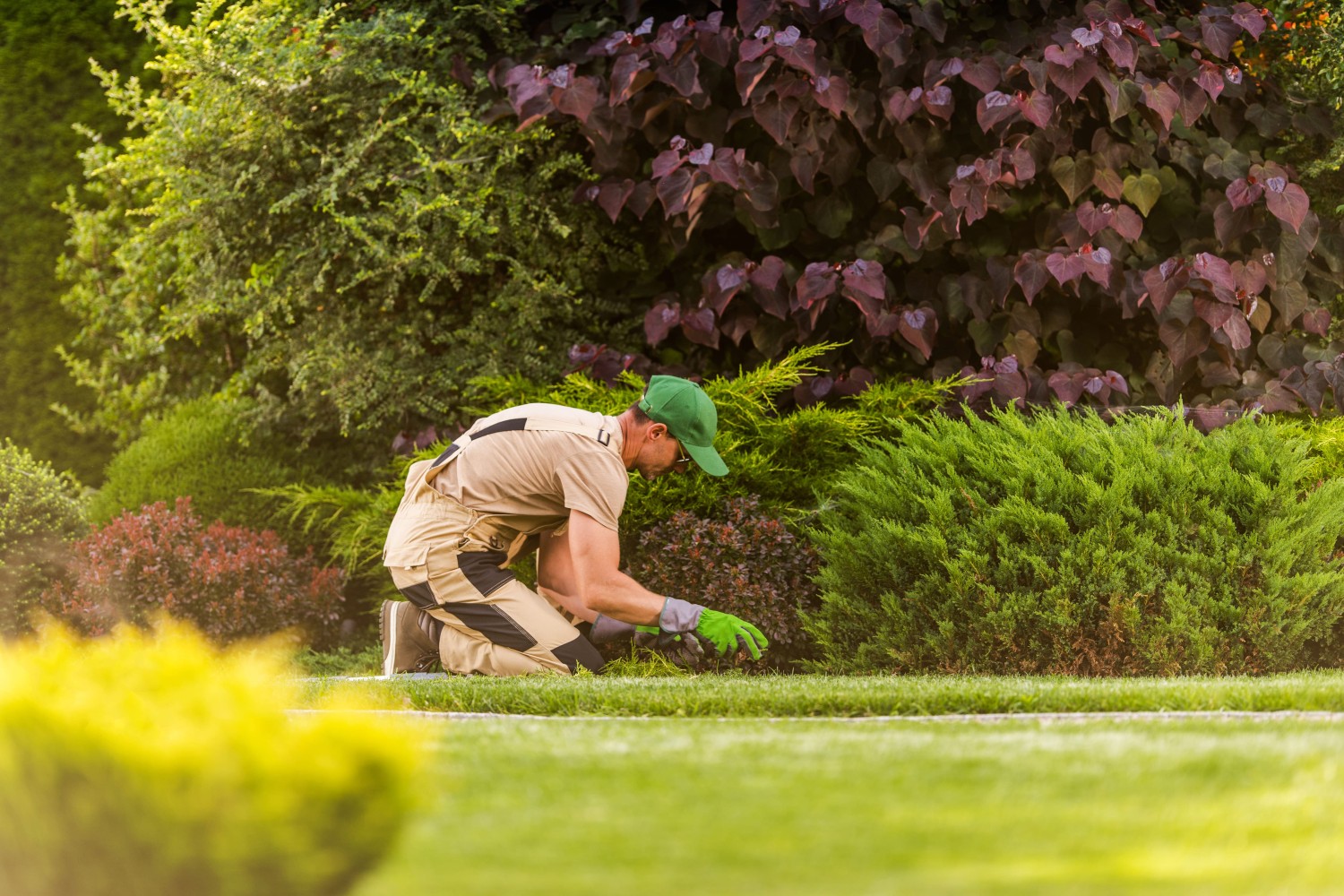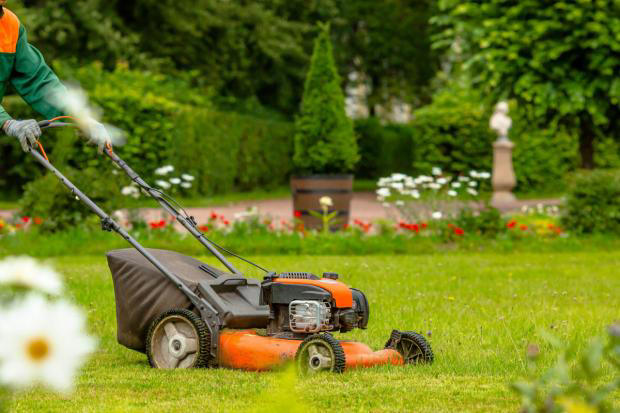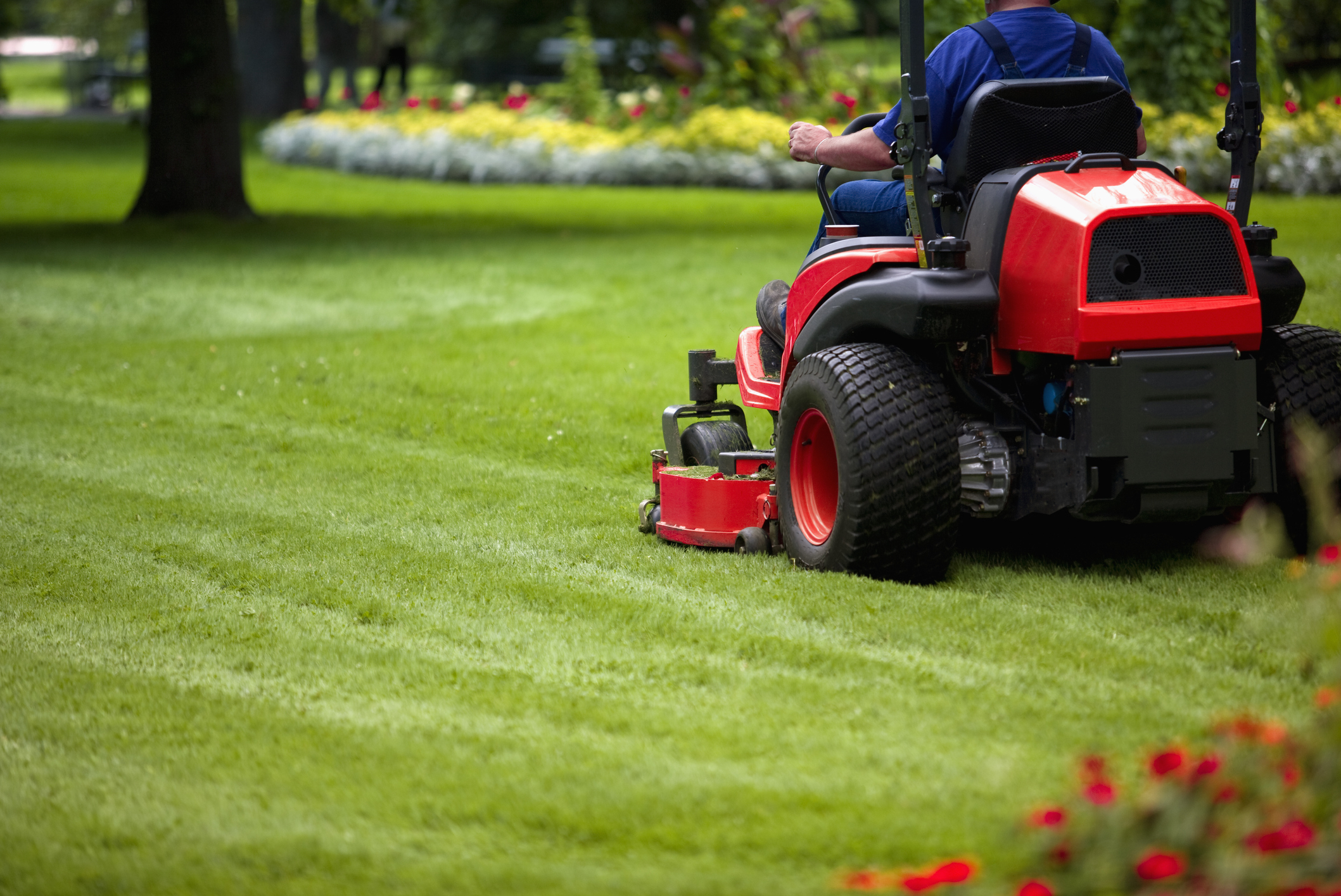If you feel like your yard is a mosquito magnet, you’re probably right. Specific conditions, often overlooked, can turn a backyard into a perfect breeding ground. The two biggest culprits are standing water, which mosquitoes need to breed, and overgrown vegetation, which provides a cool, shady place for them to rest. Professional landscaping and lawn care services tackle this with a two-part strategy: eliminating the conditions that allow mosquitoes to thrive and applying targeted treatments to reduce the existing population.
This approach creates a less hospitable environment for these pests long-term. For homeowners tired of being driven indoors, understanding how professional Landscaping & Lawn Care Services identify and correct these problem areas is the first step toward reclaiming an outdoor space. This information is based on years of fieldwork in landscape management and pest control.
The Top Mosquito Magnets Hiding in Plain Sight
Mosquitoes are not picky. They can complete their life cycle in a surprisingly small amount of water. Identifying and removing their preferred habitats is the most critical part of any control plan. A single female mosquito can lay hundreds of eggs in a water source as small as a bottle cap, making a thorough yard inspection essential.
- Standing Water: This is the number one attractant. Common sources include clogged gutters, birdbaths, children's toys, wheelbarrows, plant saucers, and even wrinkled tarps. Any object that can hold water for more than a few days is a potential breeding ground.
- Overgrown Vegetation: Dense bushes, ivy, and unkempt ground cover offer adult mosquitoes shelter from the midday sun and wind. These cool, humid areas are where they hide during the day before coming out in the evening.
- Poor Drainage: Lawns with low spots or compacted soil can hold puddles for days after a rainstorm. These temporary pools are more than enough time for mosquito larvae to hatch and mature.
- Yard Debris: Piles of leaves, grass clippings, and fallen branches can trap moisture underneath, creating hidden breeding sites that are easy to miss.
How Professionals Create a Mosquito-Resistant Landscape

A professional landscaping service doesn't just treat the symptom; they address the root cause. Their work focuses on making a yard fundamentally less attractive to mosquitoes through strategic maintenance and design.
Water Management and Drainage Solutions
The first order of business is always to eliminate standing water. This goes beyond just tipping over a bucket. Professionals will:
- Inspect and Clear Gutters: They ensure gutters are clean and downspouts are directing water away from the foundation.
- Correct Grading Issues: For persistent puddles, they may regrade parts of the lawn to create a gentle slope, allowing water to run off naturally.
- Install Drainage Systems: In cases of serious water-logging, they might install a French drain or a dry creek bed to channel excess water away from living areas.
Professionals also often recommend aerating a lawn annually. This process reduces soil compaction, which not only helps the grass grow healthier but also improves water absorption and reduces surface puddling after rain.
Strategic Pruning and Maintenance
Next, they tackle the resting spots. By selectively thinning out vegetation, they introduce more sunlight and airflow, making these areas too dry and bright for mosquitoes to comfortably rest in. This includes:
- Trimming tree canopies to allow more light to reach the ground.
- Thinning out the interior of dense shrubs.
- Keeping grass mowed to the appropriate height for the turf type, as tall grass holds more moisture at its base.
Thoughtful Plant Selection
While no plant will create an impenetrable mosquito force field, some are less appealing to them than others. Landscapers can help choose plants that don't contribute to the problem and may even offer some mild repellent qualities. When planting, proper spacing is key. A professional will ensure there's enough room between shrubs and other plants for air to circulate freely, preventing the creation of stagnant, humid microclimates.
Here’s a look at plant characteristics that can either attract or deter mosquitoes.
Targeted Treatments for Persistent Mosquito Problems
For yards with persistent mosquito problems or those bordering woods or wetlands, landscape modifications might need to be supplemented with direct treatments.
Barrier Sprays: This is a common service where technicians apply a fine mist of insecticide to the foliage of trees, shrubs, and other areas where mosquitoes rest. This creates a protective "barrier" that can last for several weeks, depending on the weather. Most adult mosquitoes that land on a treated surface will be eliminated.
Larvicides: For water features that can't be drained, like ornamental ponds or rain barrels, larvicides are a great option. These products specifically target mosquito larvae and prevent them from developing into biting adults. Many larvicides are biological, using a type of bacteria that is toxic only to mosquito larvae, making them safe for fish, birds, and other wildlife.
Things to Consider Before Making a Decision
Before hiring a Professional landscaping service for mosquito control, homeowners should ask a few key questions. It's wise to inquire about their overall approach. Do they use an Integrated Pest Management (IPM) strategy, which prioritizes habitat modification before resorting to chemical treatments? IPM programs have been shown to reduce pesticide use significantly. Also, ask about the products they use and their potential impact on beneficial insects like bees and butterflies. A reputable company will be transparent about their methods and will schedule treatments for times when pollinators are least active, such as late in the day. Finally, ensure they are fully licensed and insured for pesticide application in your state.
Frequently Asked Questions About Mosquito Control
How long does a barrier spray treatment typically last?
Most professional barrier sprays remain effective for about 21 to 30 days. Heavy rain can shorten this window, so consistent application throughout the mosquito season yields the best results.
Will these treatments harm my pets?
Reputable companies use products that are safe for pets and people once they have dried. They will instruct homeowners to keep pets and children out of the treated area for a specific period, usually 30 to 60 minutes, until the spray has completely dried.
Are "mosquito-repellent" plants enough to protect my yard?
While plants like citronella, marigolds, and lavender can have a minor repellent effect in their immediate vicinity, they are not powerful enough to protect an entire yard on their own. They are best used as a small part of a much larger control strategy.
Will getting rid of my birdbath solve the problem?
It will eliminate one potential breeding site, which is a good start. However, mosquitoes can use any source of standing water. A comprehensive approach involves looking for all possible sources, from clogged gutters to forgotten flowerpots. If you enjoy your birdbath, simply changing the water every two to three days will disrupt the mosquito life cycle.
Can mosquitoes develop resistance to pesticides?
Yes, mosquito populations can develop resistance to certain insecticides over time. This is why professional services often rotate the products they use and emphasize IPM strategies that reduce the overall reliance on chemical treatments.
Does having mulch in my garden beds attract mosquitoes?
Properly applied mulch should not attract mosquitoes. It helps soil retain moisture for plants, but it doesn't create standing water. However, if mulch is applied too thickly and stays constantly soggy, it can contribute to the humid environment that adult mosquitoes like.
A Proactive Strategy for Outdoor Comfort
Ultimately, reducing the number of mosquitoes in a yard comes down to a consistent effort to remove their breeding and resting sites. By eliminating standing water, trimming back overgrown vegetation, and ensuring good drainage, homeowners can make a significant dent in the local mosquito population. For persistent problems, a professional service can provide the expertise and tools to correct underlying landscape issues and apply effective treatments. For those who find the problem persists, consulting an expert is the next logical step.
Getting an Expert Opinion
If you're struggling to control mosquitoes in your yard, it may be time to consult with a professional service. They can perform a thorough property inspection to identify hidden problem areas you might have missed and recommend a tailored plan of action. For homeowners in the area, All Seasons Lawn Care & Landscaping offers comprehensive solutions that combine landscape management with targeted control methods. Their team can provide a detailed assessment. They can be contacted by phone at (225) 276-8658 or via email at [email protected].
Reviewer: Sophie Williams looked over this post and brought 7 years of field experience to her suggestions, helping ensure the content stays relevant to business owners and practical for everyday use.




 (1).jpg)


Comments